On Air Now
The Classic FM Hall of Fame Hour 9am - 10am
Four Seasons, five siblings, and more than 800 different pieces of music. Discover the facts and figures associated with the famous Baroque composer.
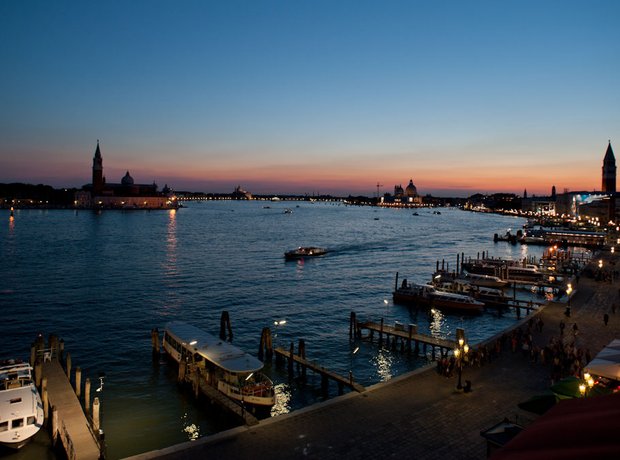
Antonio Vivaldi was born on 4 March 1678 in Venice to Camilla Calicchio and Giovanni Battista Vivaldi, who was a barber, baker and violinist. He had five siblings.
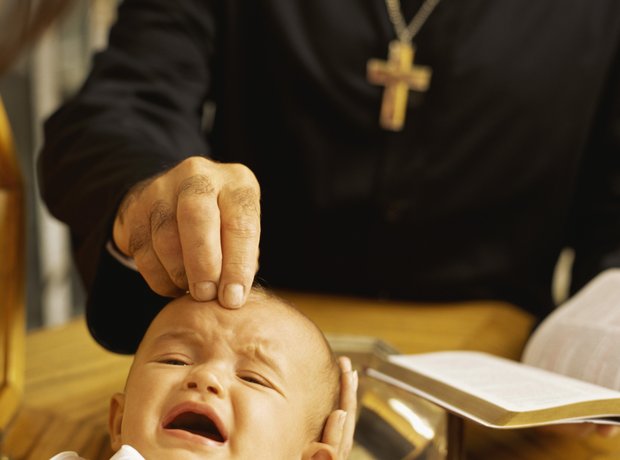
Vivaldi was baptised immediately after he was born, in his own home. This could have been due to his ill health, or the earthquake that shook Venice on the day of his birth.
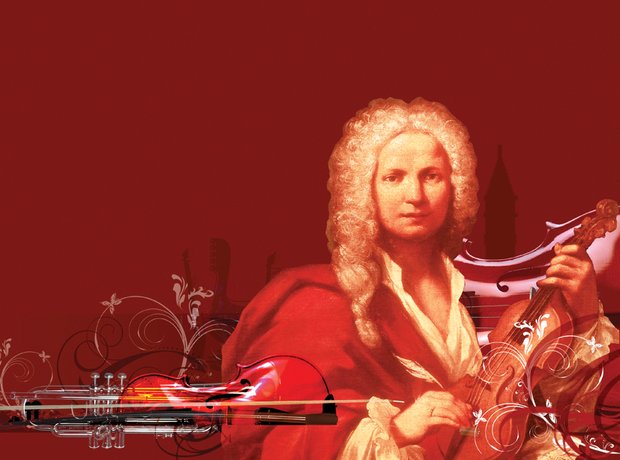
Vivaldi's crop of curly red hair, inherited from his father, prompted friends to nickname the composer 'il Prete Rosso' - the red priest. His father was just nicknamed 'Rossi' - redhead. Don't be fooled by the white hair in the picture - the composer was wearing a wig!

Vivaldi suffered from what he called 'strettezza di petto' (tightness of the chest) throughout his life - this severe asthma inhibited his speech, and even made him weak and dizzy when he spoke.
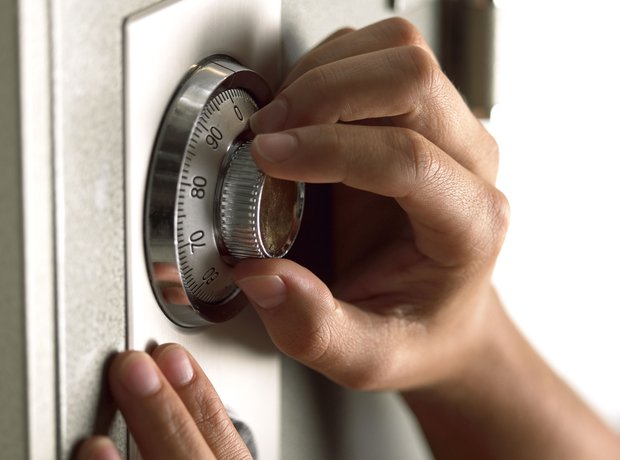
Despite the fact Vivaldi wrote around 800 different works, his music was rarely played from his death in 1741, when his manuscripts were locked away or even attributed to other composers because he was deemed to be out of favour.
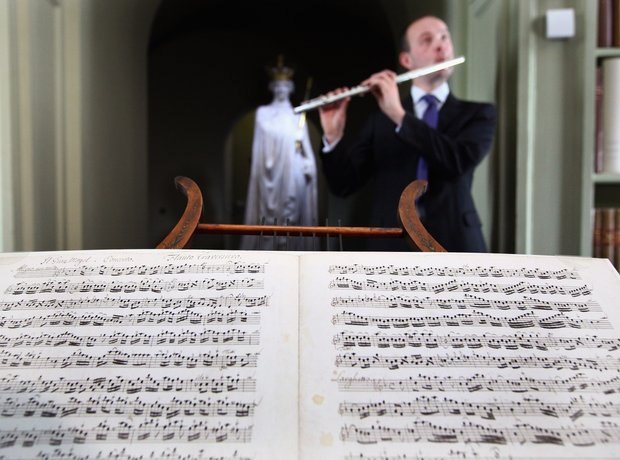
Much of Vivaldi's music that was lost or hidden is being gradually rediscovered. His flute concerto, Il Gran Mogol, was rediscovered in October 2010 in Scotland, and previously undiscovered manuscript of his opera Orlando Furioso was found in July 2012.
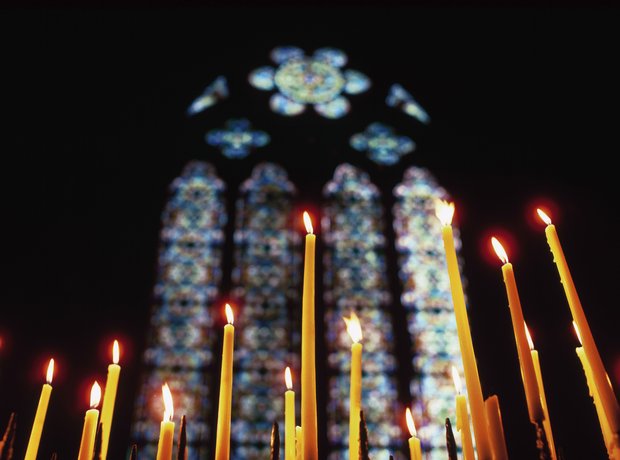
As was common for the eldest son in a wealthy family, Vivaldi was ordained in 1703. He withdrew from his priestly duties, perhaps due to his ill health, and rarely said Mass, apparently preferring to dedicate himself to his musical obligations.
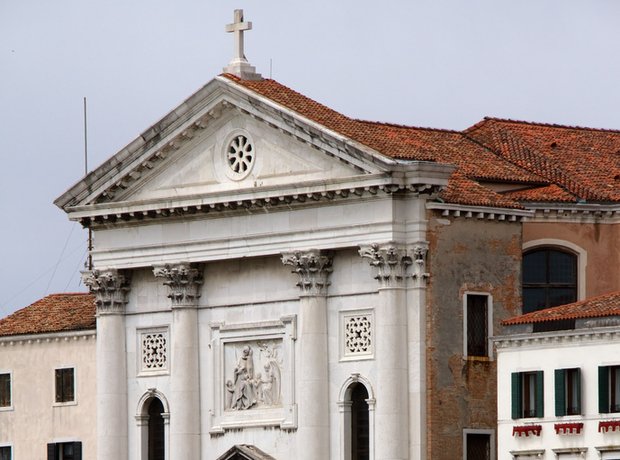
Alongside his religious duties, the composer spent 37 years of his life as a composer, teacher, and conductor at the Pio Ospedale della Pietà asylum for orphaned girls. The original building is now a hotel restaurant, but the nearby church was completed in 1761, 20 years after Vivaldi's death
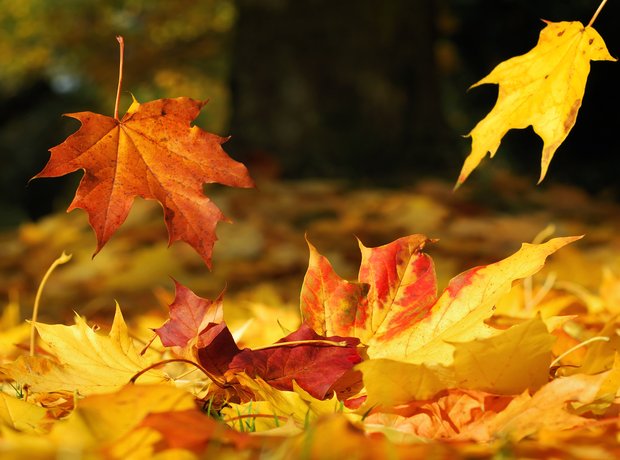
Vivaldi wrote fragments of poetry on the manuscript for his 'The Four Seasons', and no one's sure who wrote them. They may have been written by Vivaldi himself, who also provided instructions such as "The barking dog" in Spring, "Languor caused by the heat" in Summer, and "the drunkards have fallen asleep" in Autumn.
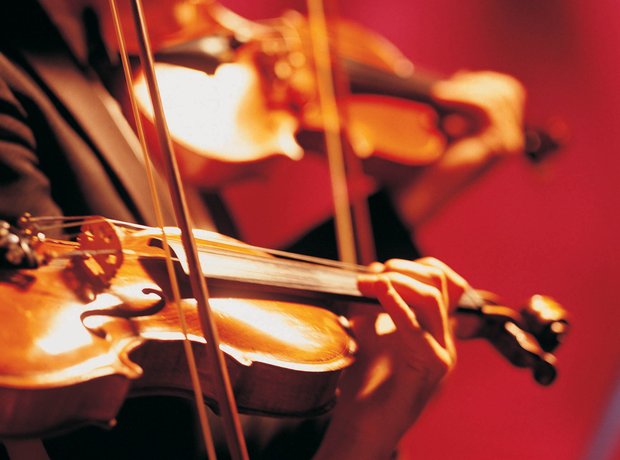
'The Four Seasons' may well be his most famous piece, but Vivaldi wrote more than 500 other concertos for other instruments including mandolin, cello, flute, viola d'amore, recorder, and lute. Around 230 of these are for violin - he was, after all, a violinist, like his father.
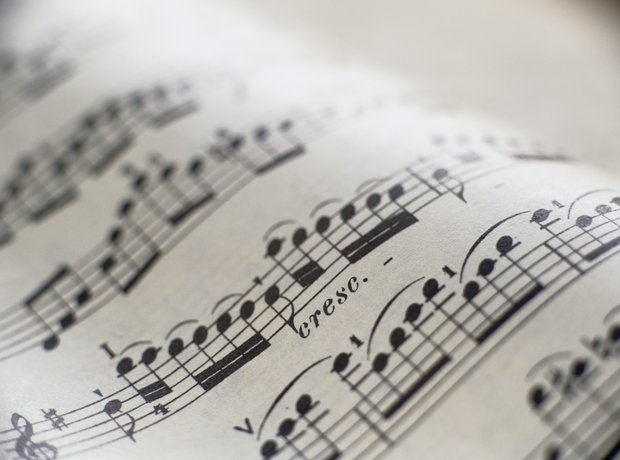
When Vivaldi's now famous Gloria was rediscovered, Alfredo Casella loved the composer so much, he organised 'Vivaldi Week' where the Gloria and l'Olympiade were revived in 1939.
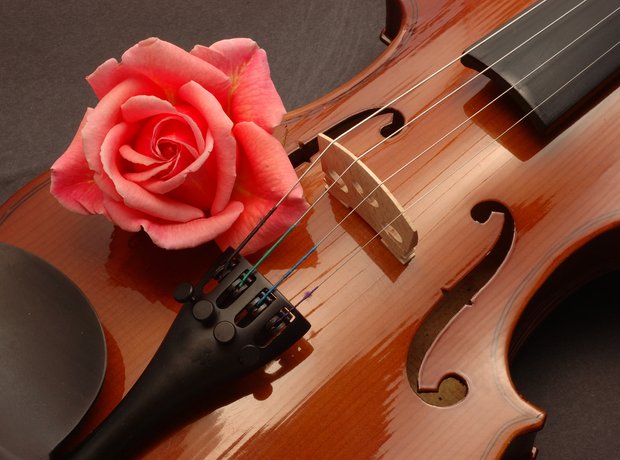
A student of Vivaldi's, Anna Tessieri Girò, became his favourite prima donna and accompanied the composer on his travels, along with her older half-sister Paolina. There's speculation about the nature of the relationship between all three of them, but no evidence to suggest anything other than friendship.

Vivaldi's music isn't just a concert hall favourite; it's also been featured in many films. Listen out for his Concerto No. 8 from 'L'estro harmonica' in Indecent Proposal, 'The Four Seasons' in Pretty Woman (pictured), and 'Nulla in mundi pax sincera' in Shine. (Picture: c Buena Vista/Everett/Rex Features)
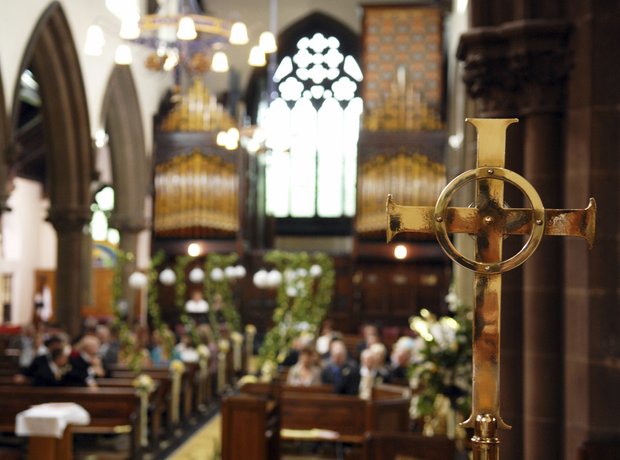
Often known simply as the Vivaldi Gloria, the enduring piece isn't Vivaldi's only setting of the religious text: he's known to have written at least three. Only two survive, but it's not confirmed which one was written first.
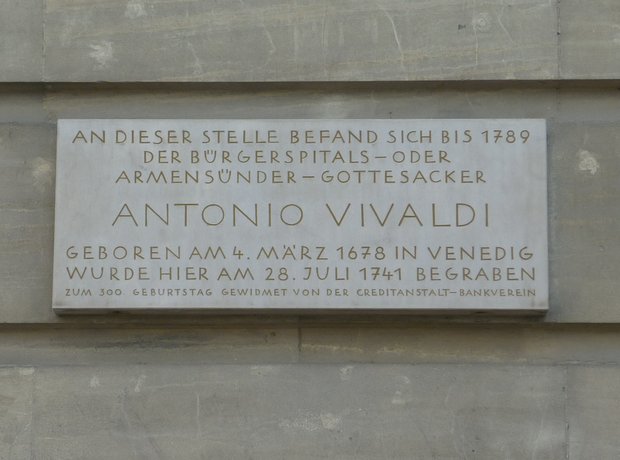
Vivaldi and Mozart may have been born some 500km away from each other, but both composers were buried in the same place in Vienna. No one is exactly sure where: his grave was lost when Vienna’s Technical University was built over the graveyard.